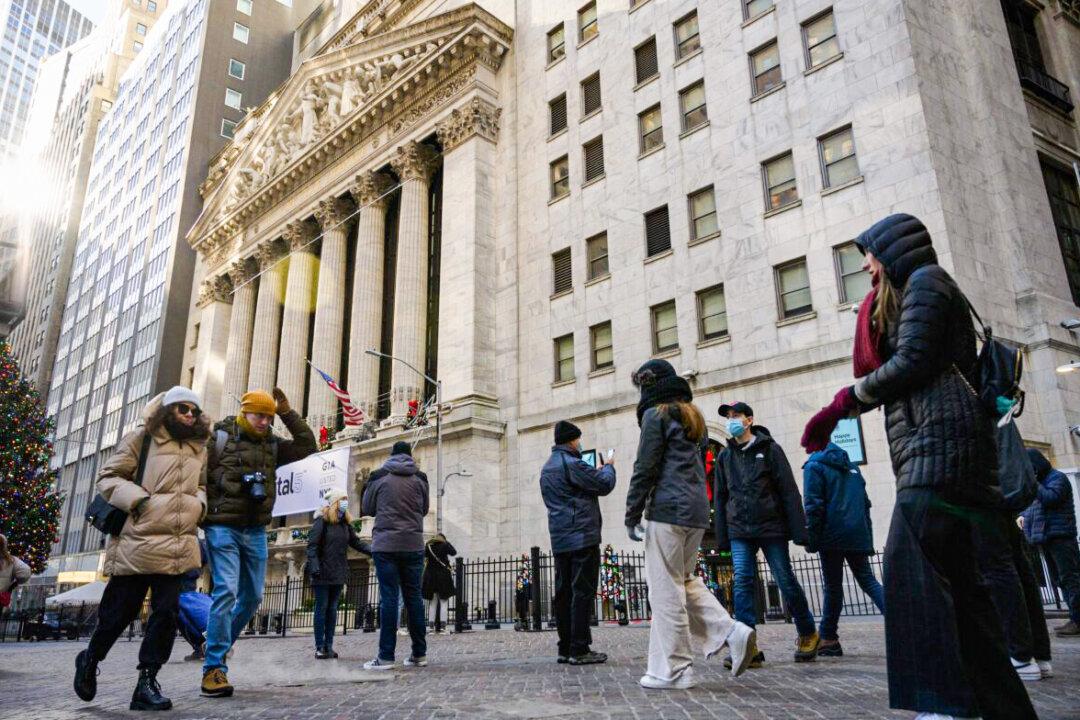Commentary
As 2021 was entering its final few weeks, the U.S. stock market had begun pulling back anew. But there has been little sign as of this writing of the previous “buy the dip” inclination. Indeed, that seems to have turned now into “sell the rip” whenever any bounce has materialized.





